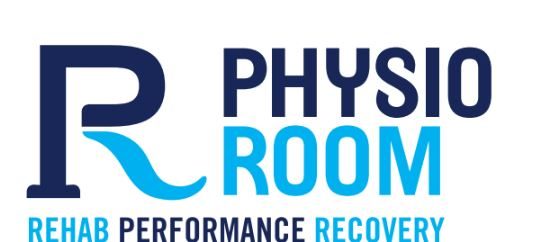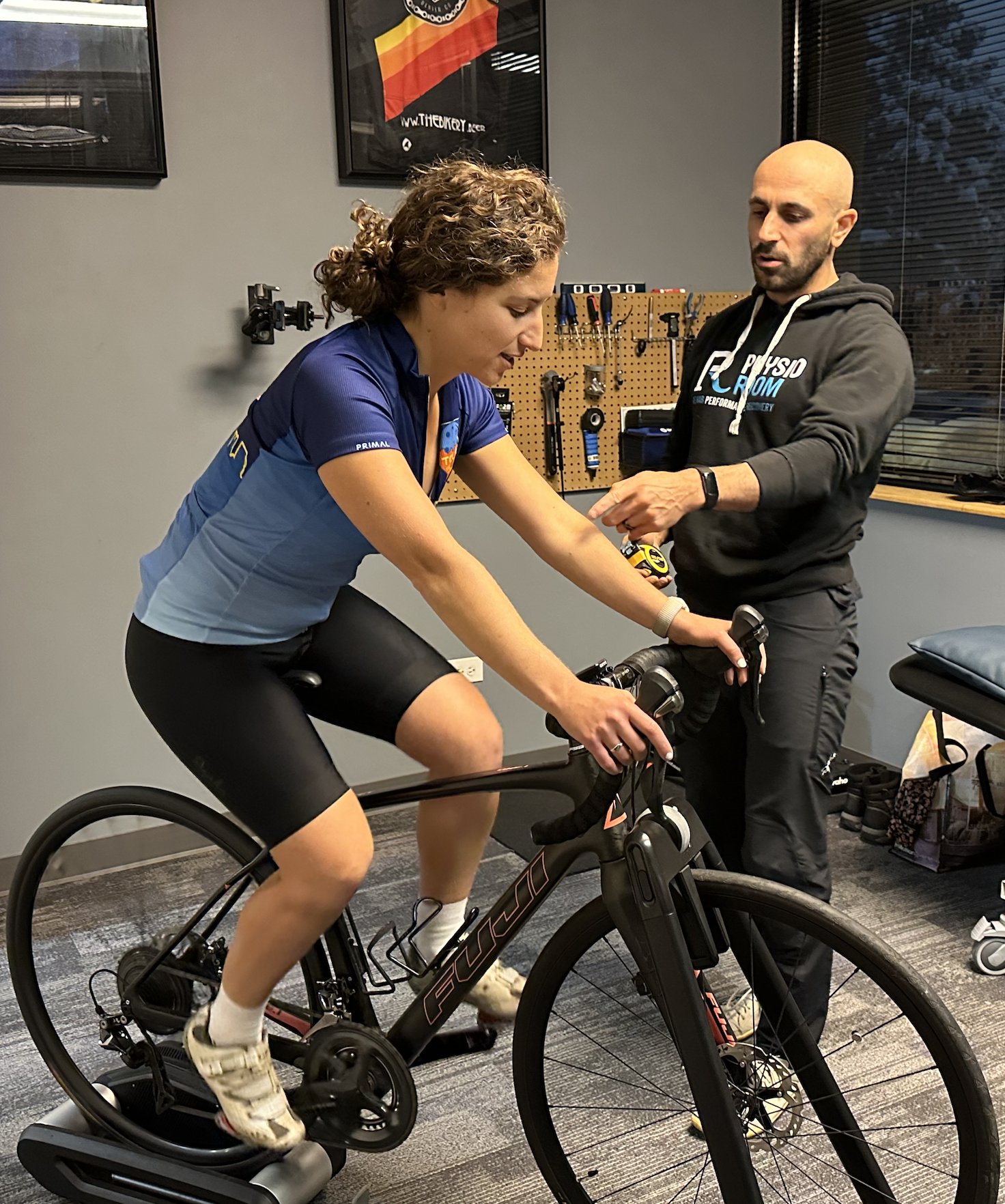If you don’t take control of your own care and health, then who will?
This is a question that we empower our clients and patients to ask themselves when they come to us experiencing pain or physical issues.
Dr. Andrew here, and I want to tell you about a friend of mine who came to me a few years ago for some advice about her mom’s knee pain.
She’d torn her meniscus a few years prior, and was experiencing a pain that limited her mobility throughout her daily life. These are the types of problems that we solve here at Physio Room, and I am always happy to try and assess these issues.
Her orthopedic doctor prescribed periodic cortisone injections in her knee to subside some of that pain. BUT, this method simply wasn’t working for her body. Her doctor was just delaying the inevitable knee replacement that she’d need after a few more years of this pain.
I started asking questions. I wanted to know if it was an acute tear due to a twist or a slip or if it was an injury. Or did her knee just start hurting? How old was she? Was there knee locking or patching or any sensations other than pain?
I was trying to figure out if it was actually the meniscus that’s causing the knee pain.
I believe that physical therapy should have been one of the first solutions to the knee issue that this woman was facing. Cortisone shots are an outdated method.
Repeated cortisone injections are actually not healthy for the same joint or for our body in general; it delays and limits our body’s natural healing processes.
Yes, they’re great at reducing pain. Yes, they can be great for diagnostic procedures to help determine if the area you’re putting the injection is, in fact, the area of the source of pain that can help rule things in and rule things out. But repetitive shots will not rehabilitate the body or fix that pain.
My friend’s mother received conflicting information, and ultimately didn’t know what other options she had.
I wish, as a healthcare professional, that other healthcare professionals would stop using negative, limiting language, and speak on the positive side of things. Instead of mentioning what patients can’t do anymore, we should instead focus on what they CAN still do. And what they’ll be able to do if they take control of their own care.
There could have been many reasons as to why this woman was experiencing this knee pain. It may not have only been the meniscus tear. Her general health could have been affecting her pain.
How we eat, how we sleep, how we manage our stress, and how we manage our activity level have just as much if not more to do with our pain level than just having a meniscus tear.
You have to be the advocate for yourself or for your family member, and ask the challenging questions and be willing to push back and not just take the answer that is given to you.
It was pretty clear to me through the conversation with my friend that her mom had not been thrilled with how her situation was being managed.
But she just didn’t know any better.
She was just expecting that the provider was going to direct her in what was the best course of care for her in that situation.
So for yourself, when you have something that’s bothering you, I am giving you permission to ask challenging questions to your providers to do your own research and come to those appointments with thoughts and ideas and not just expect that person to know what’s best for you.
Because as a provider, we have a lot of great ideas, but nobody knows your body better than you do. No surgeon, no physician, no physical therapist, no chiropractor knows your body better than you do. And you know how it feels better than anyone else.
Want to hear more about Taking Control of your Own Care? Listen to my full podcast episode on The Code here.





No responses yet